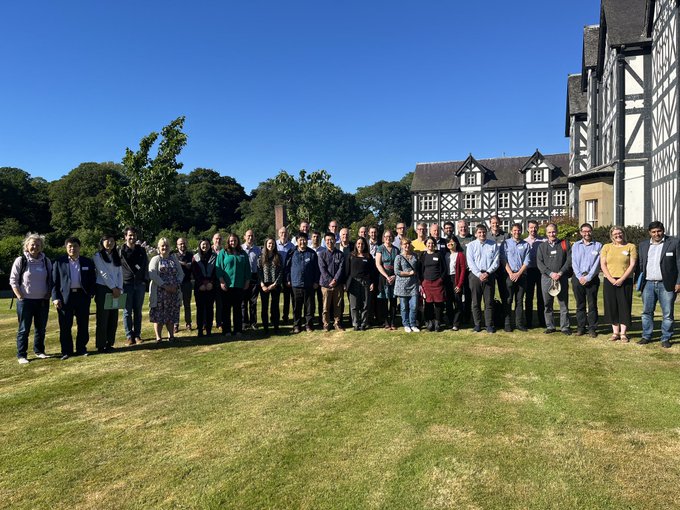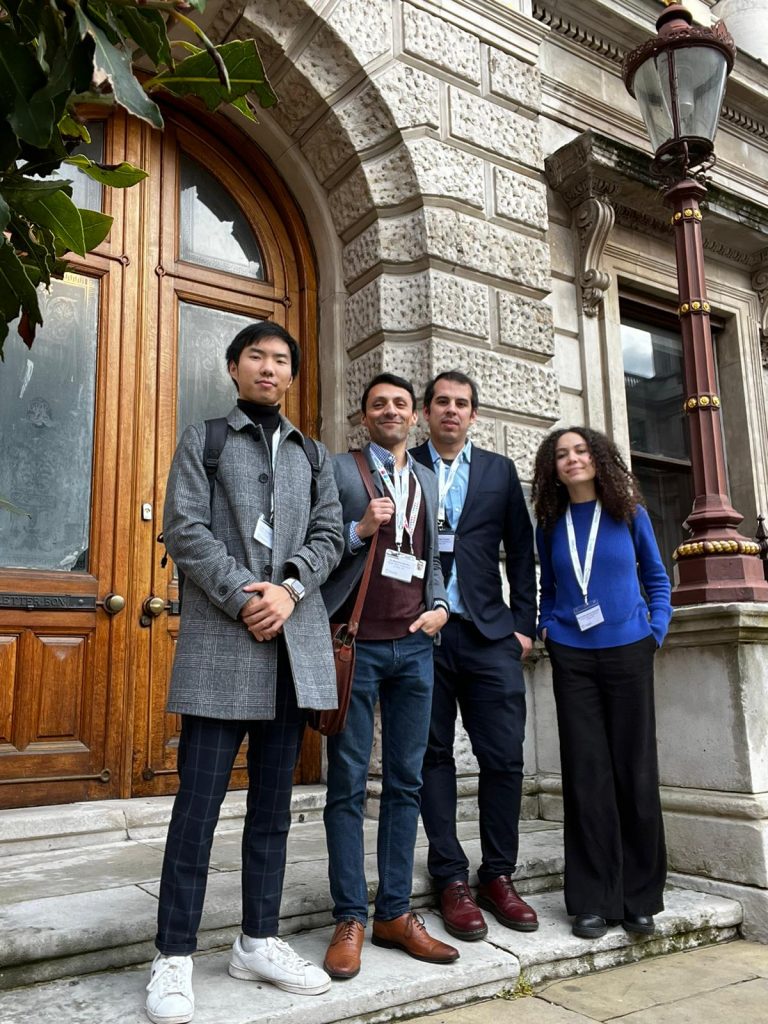
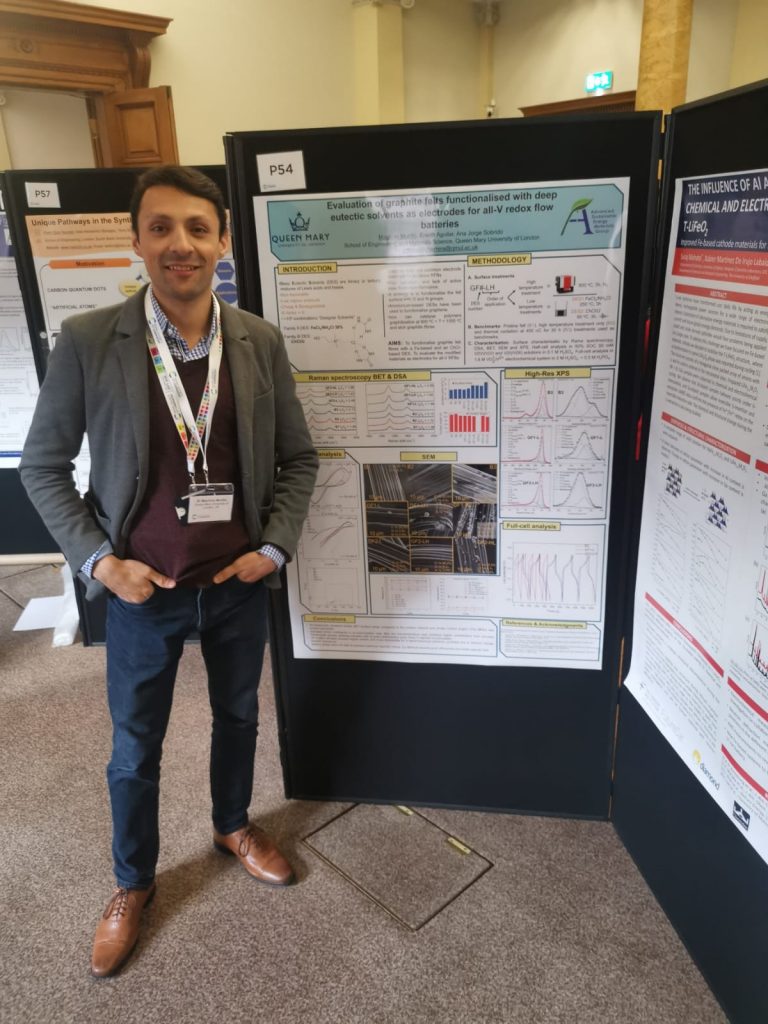
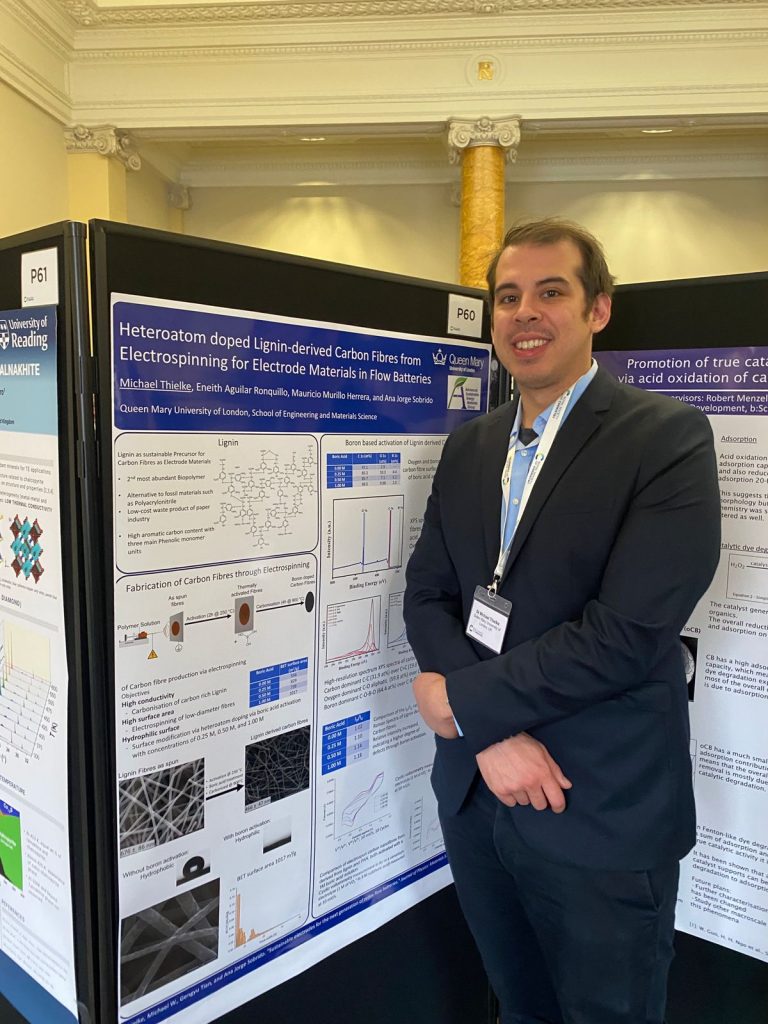
Eneith, Gengyu, Mauricio and Michael participated in the RSC Poster Symposium held on the 17th November 2022. Well done everyone in presenting some of our work done on redox flow batteries!
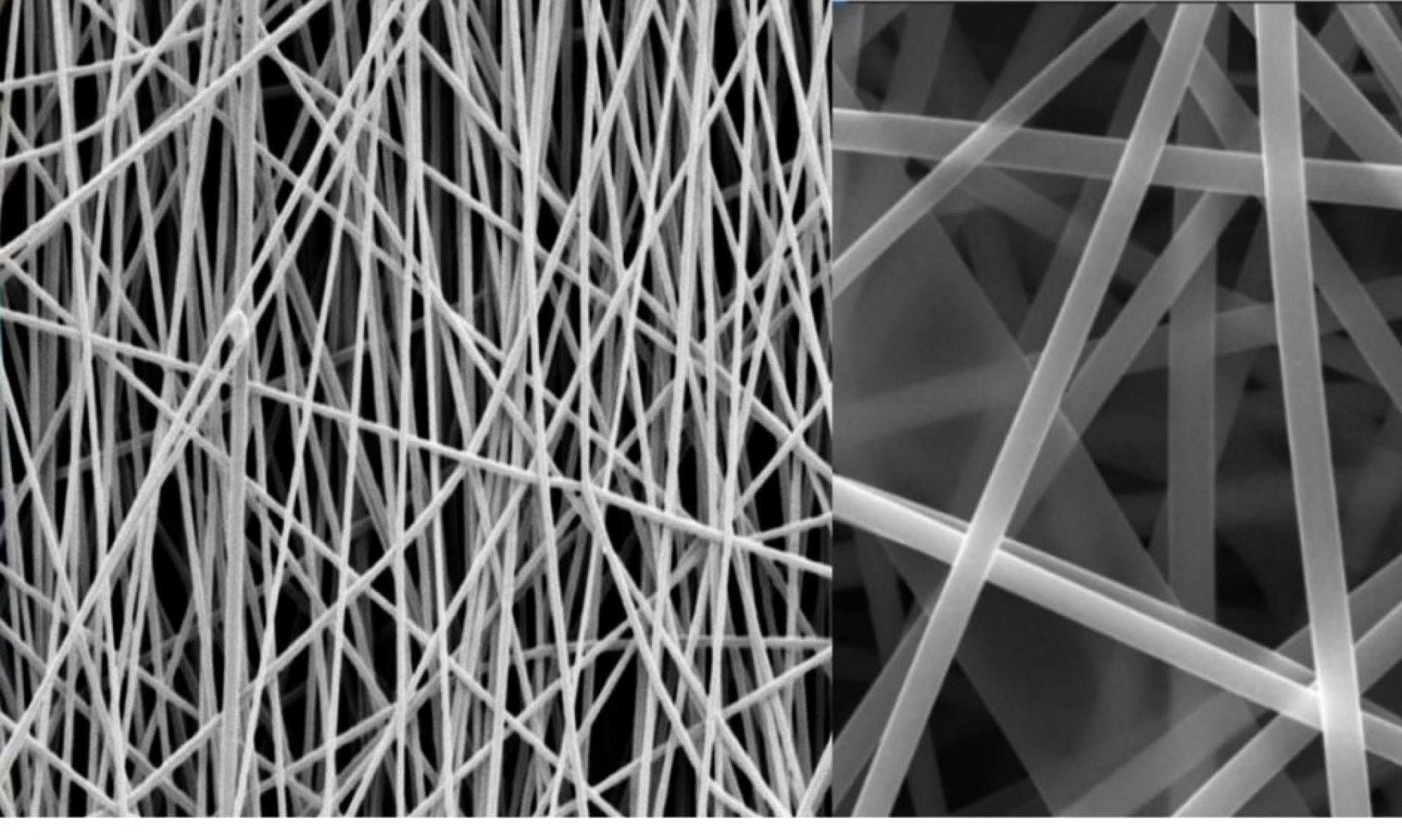

Advanced Energy Materials Group



Eneith, Gengyu, Mauricio and Michael participated in the RSC Poster Symposium held on the 17th November 2022. Well done everyone in presenting some of our work done on redox flow batteries!
Ana Jorge Sobrido participated in the two-day residential crucible programme organised by FLF Development Network, at the Wood Hall Hotel in Wetherby.
The programme is designed to foster collaborations between researchers and introduce new ways of thinking and working, to form interdisciplinary, cross-sector networks between researchers who normally do not get the chance to meet.
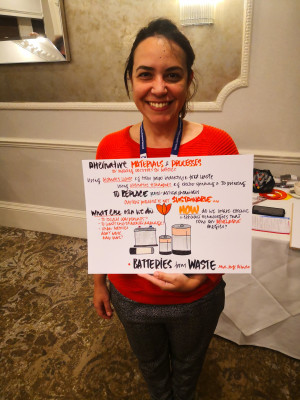
Welcome to Oliver Bramma who has joined the group to do a PhD in computational studies for redox flow batteries. Oliver will be investigating how to enhance electrocatalytic activity of carbon electrodes via surface chemistry modification using molecular dynamics modelling. We hope you enjoy this new stage Oliver!
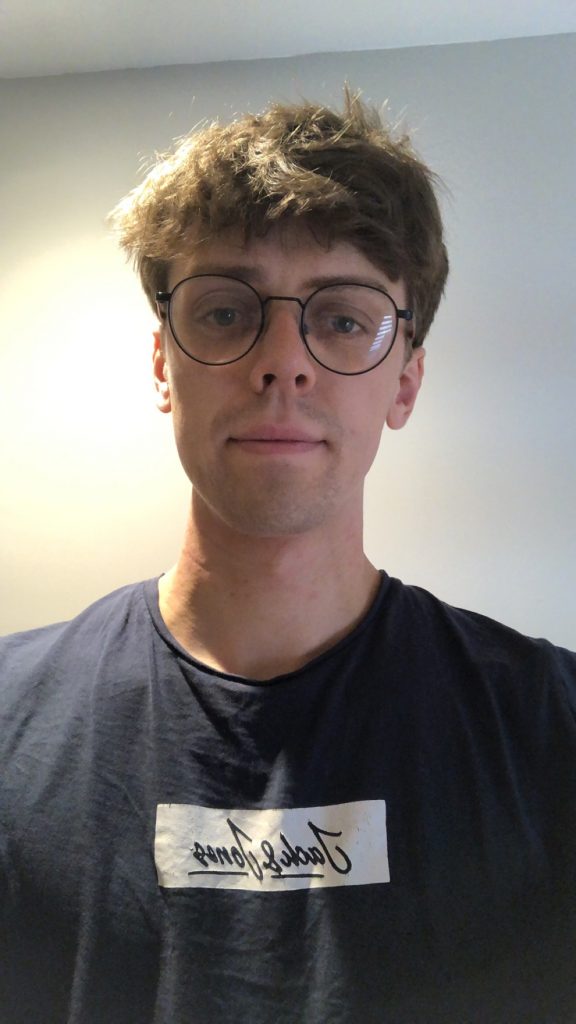
Ana presented the group work on single atom Ir / hematite photoanodes for water oxidation at the Future Leaders Network for Nanoscale Energy Harvesting taking place at Warwick University, in 24-26 August 2022. During three days, early career researchers shared their work on energy harvesting at the molecular and atomic scale in a nice set up at Warwick University.
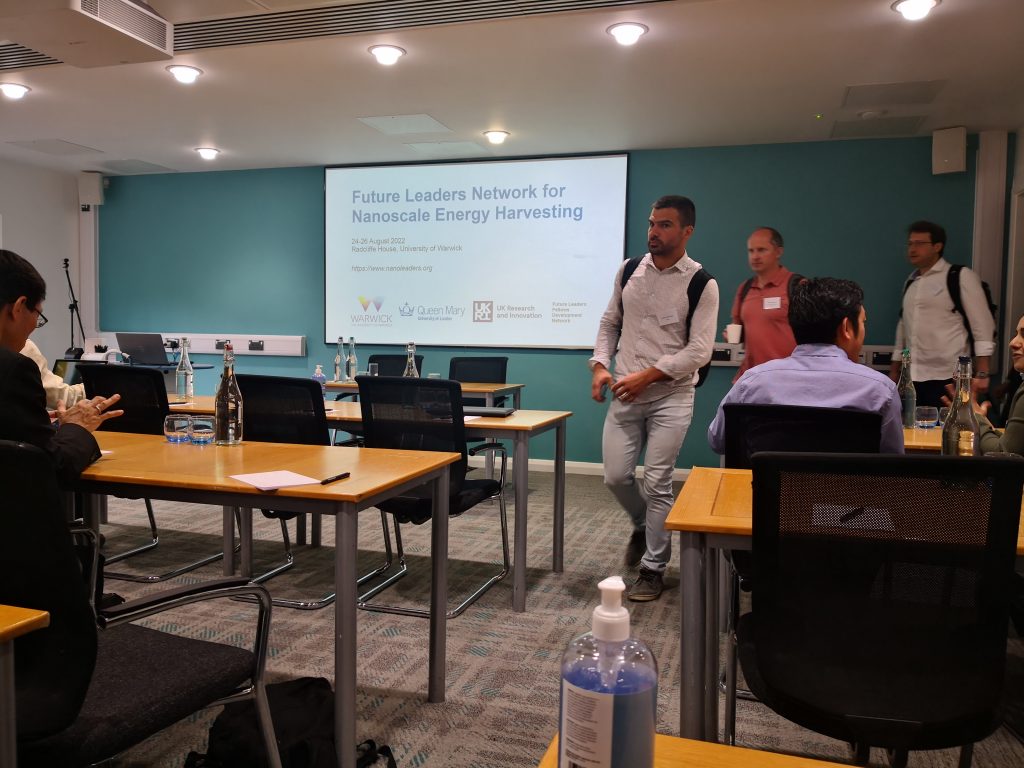
Ana presented the group’s work on the synthesis and testing of freestanding oxygen electrocatalysts at the IUMRS-ICYRAM held in Fukuoka in August 2022. A great opportunity to also visit Japan for the first time with little Macs
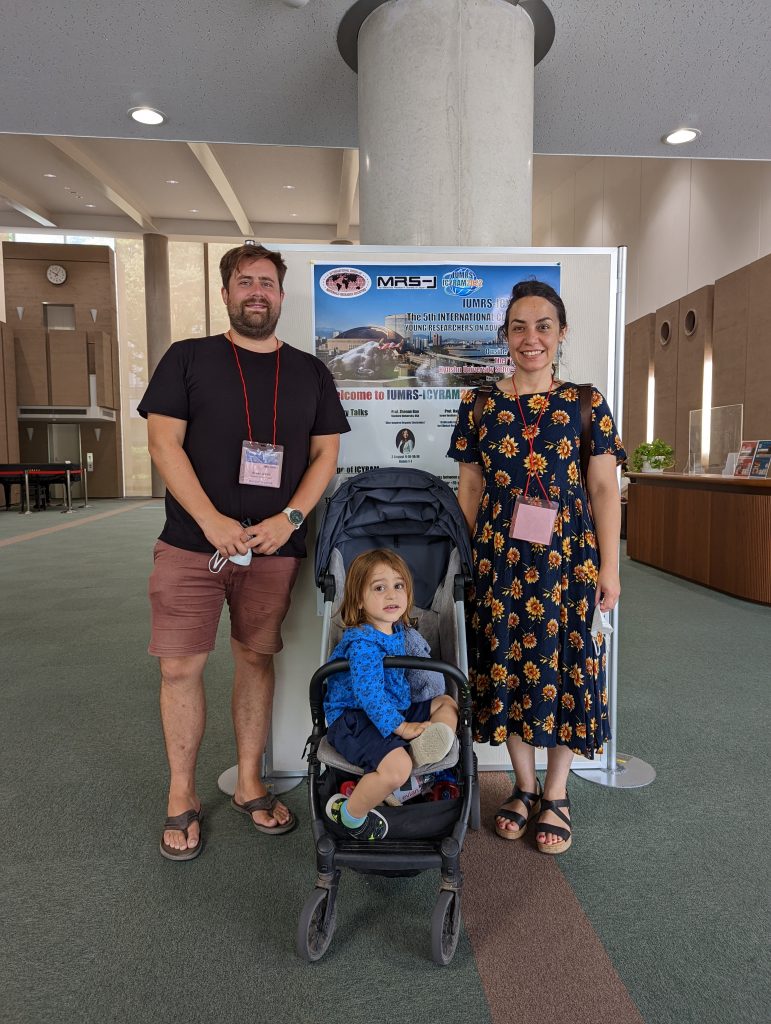
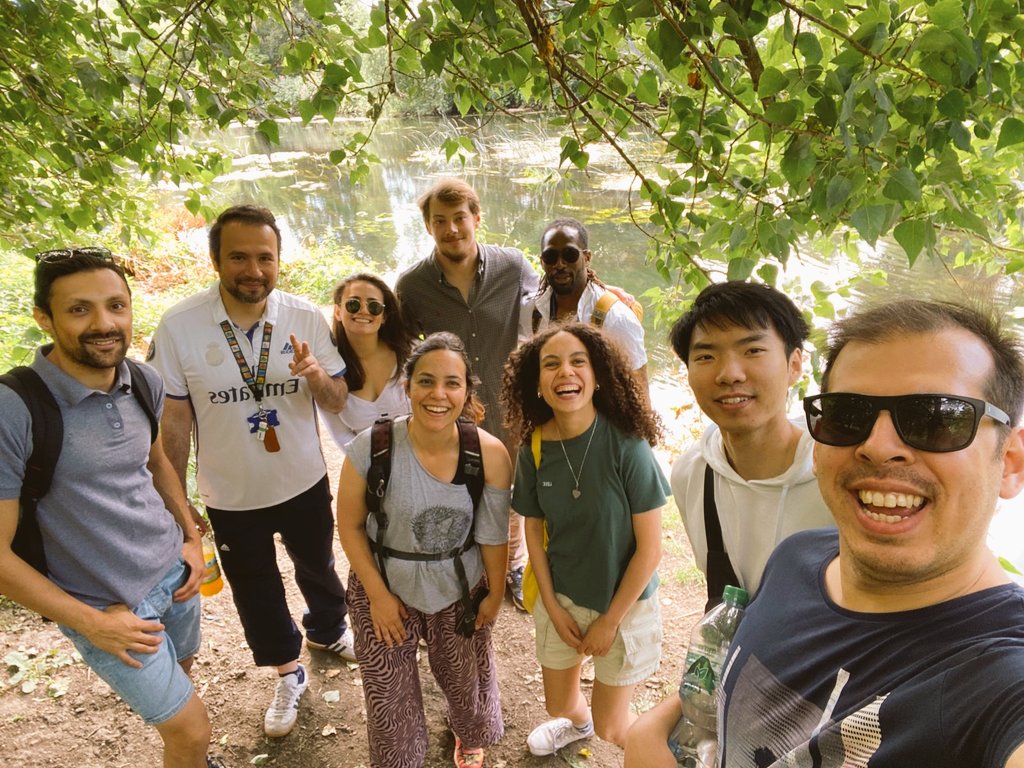
The group enjoyed a sunny day outdoors and hiked from QMUL to Hackney Marshes and back to get a refreshing drink after 12 km walk. Really nice day overall.

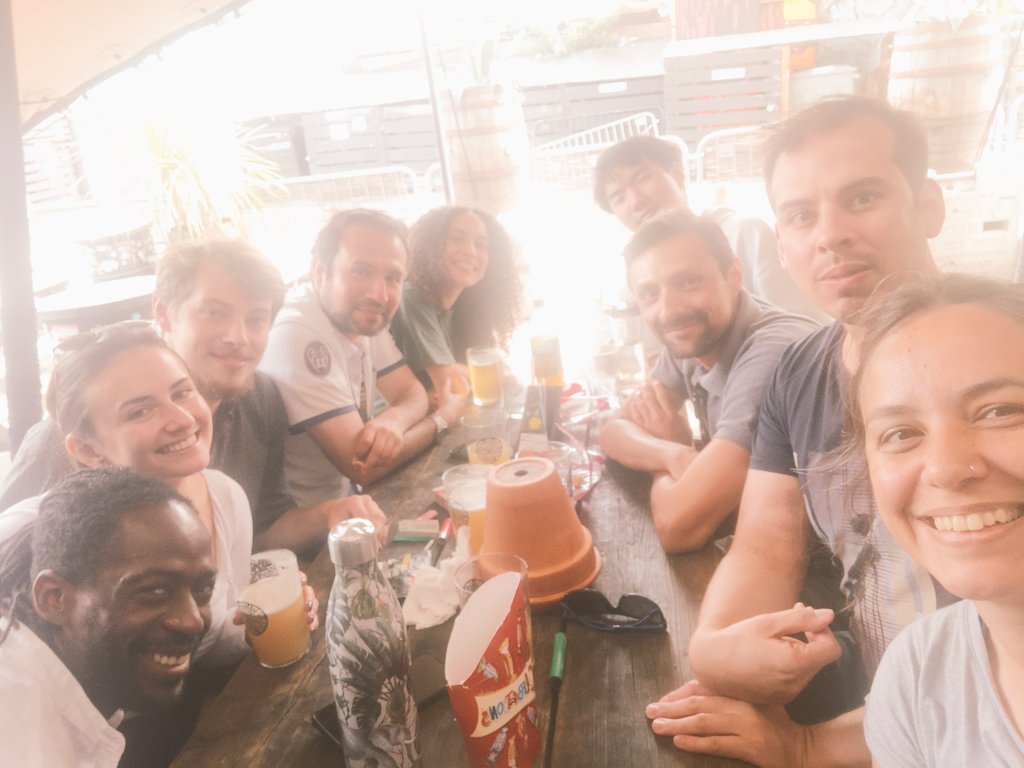
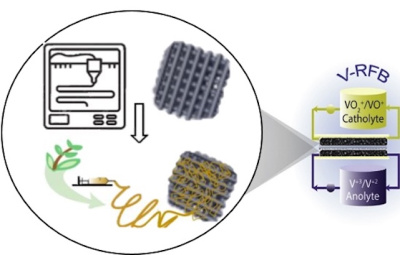
RFBs are emerging as a crucial technology for the transition to renewable energy, since their large capacity can help to stabilise energy grids and store energy from intermittent sources such as wind.
Researchers will combine two flexible, scalable manufacturing methods – 3D printing and electrospinning – to develop an innovative concept of 3D electrodes that will enable optimised mass transport and electrochemical properties. This will be validated by testing a prototype vanadium RFB.
Dr Sobrido, Associate Professor in the School of Engineering and Materials Science, said, “I am absolutely delighted to have been awarded this Seeds Project funded by the Faraday Institution to investigate 3D porous electrodes for redox flow batteries. With collaborators from the UK and from Canada, I will combine the benefits of bespoke 3D-printed electrode engineering with tuneable surface properties of high surface area electrospun fibres. This will produce controlled microstructural properties that can optimise mass transport through the electrode, and enable increased surface area over commercial carbon felts. This project represents a fantastic opportunity to advance the field of redox flow batteries and I am grateful to the Faraday Institution for their support.”
Dr Sobrido expects that the materials developed could also find be useful in other battery technologies, fuel cells and electrolysers where engineered electrode structures would have mass transport performance benefits.
Professor Pam Thomas, CEO of the Faraday Institution, said: “We’re absolutely delighted that with the launch of this project that QMUL has joined the Faraday Institution research community. The Faraday Institution is the UK’s independent institute for electrochemical energy storage research, skills development, market analysis, and early-stage commercialisation. It brings together research scientists and industry partners on projects with commercial potential that will reduce battery cost, weight, and volume; improve performance and reliability, and develop whole-life strategies including recycling and reuse. The Faraday Institution now has 27 university partners and 500+ researchers looking to address these challenges – very much a national programme.”
The award is one of 16 small, fast-paced, focused projects in areas not covered within the Faraday Institution’s existing battery research portfolio. In total, 14 universities are involved with the seed projects, which will run for 12 months and represent a £2 million investment in research by the Faraday Institution. The funding round was highly competitive; it was oversubscribed by four times.
Congratulations to Linh for passing her PhD viva on the 12th July 2022. Linh’s PhD thesis studied NiFe LDH on electrospun fibres as freestanding oxygen electrocatalysts. Well done Linh! Thanks to Frank Marken (Bath University) and Lauri King (Machester Metropolitan) for their time and effort in promoting great discussion!
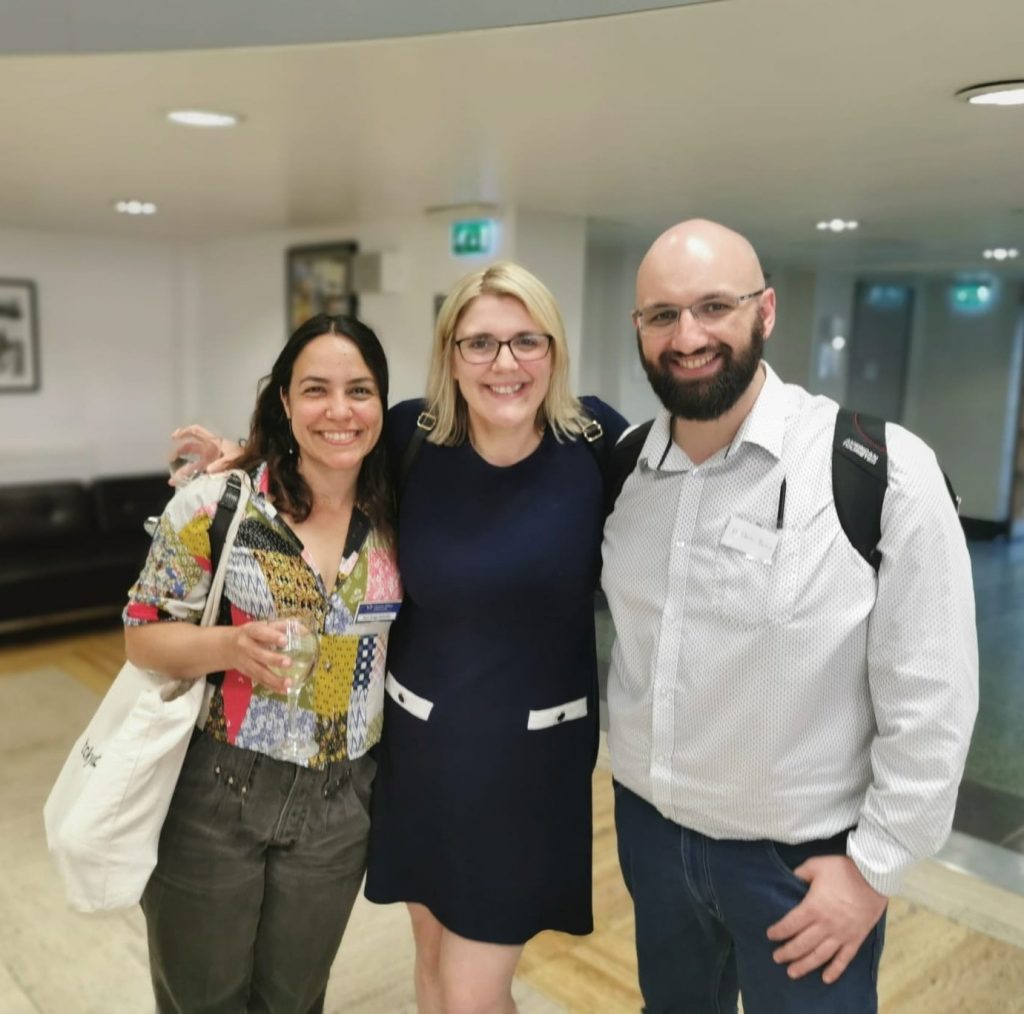
The 6th Annual Meeting of the UK Redox Flow Battery Network (UKRFBN) took place on the 11th July 2022. This year the event was held at Queen Mary University of London and hosted by Ana Jorge Sobrido, who is an active member of the UKRFBN Committee.
Around 80 people registered for this hybrid event, with 45 people attending in person. Keynote talks from industry (Shell and RFC Power) gave a great overview of the potential of redox flow batteries moving forward and their role in decarbonising our energy supply.
PhD students and postdocs had the opportunity to present their work in flow batteries with their talks and also in the poster session.
Organised by Prof Dryfe (University of Manchester), Prof Katherine Holt (University College London), Dr Mark Symes (University of Glasgow) and Dr Upul Wijayantha (Loughborough University), this stimulating event gathered around 40 academics from UK institutions working on topics with a significant electrochemistry component to debate current challenges of the area and discuss potential solutions.
The workshop was held in beautiful Gregynog Hall in mid Wales. Actions will follow to create a UK Electrochemistry Hub and unite practices and standards in the different areas underpinning electrochemistry.
